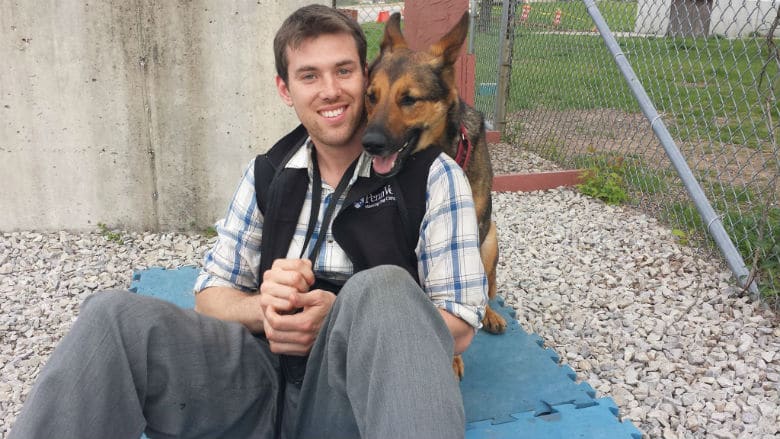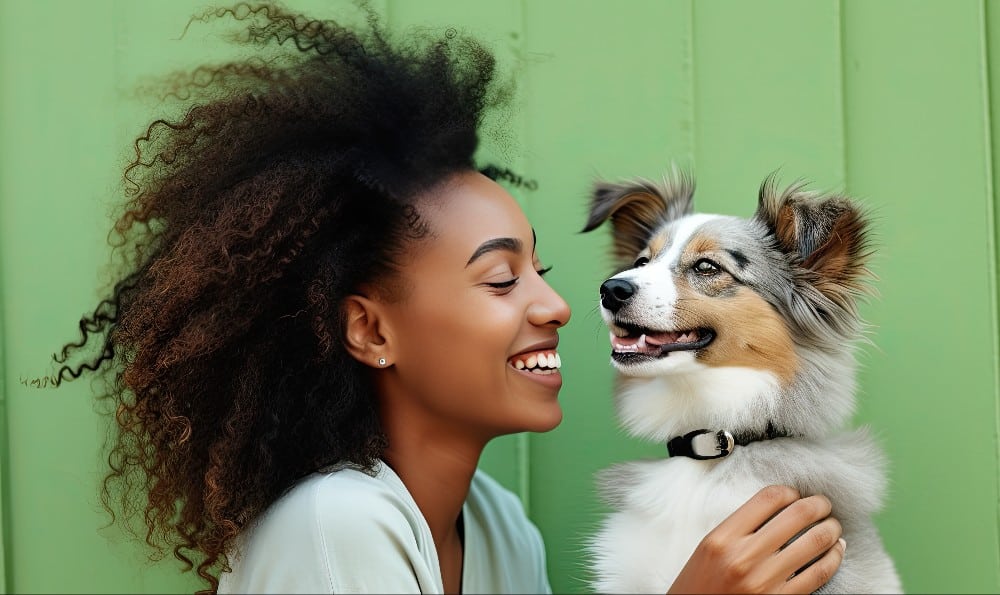A Pennsylvania facility is looking to make headway in the world of cancer with the help of our four-legged friends.
Known as the Penn Vet Working Dog Center, trained pups spend their days working at the Philadelphia center’s ovarian-cancer-detection research project, where they are part of study to determine if a certain smell from ovarian tissue can be used to detect ovarian cancer early on. The dogs (there are three of them) are tasked with using their noses to identify the cancer.
The team at Penn Vet Working Dog Center, use a “scent wheel” with the dogs, providing various smells, including samples from cancer patients, benign tissue and “distractor” scents.
Related: Report Shows Dogs Can Sniff Out Thyroid Cancer
Clint Kuban, a veterinarian-in-training, is the owner of Tsumani, a 3-year-old German shepherd, who has been pet of the program since it launched in 2013. He can correctly identify cancer tissue 90 percent of the time, according to the outlet.
“There is no machine that is as powerful and as specific as what our dogs can do,” Kuban tells The New York Post. “Canines smell up to 1,000 times more accurately than humans, and they have up to 300 million olfactory receptors as opposed to [our] 6 million.
Kuban also happens to be on the new Animal Planet series Life at Vet U, in which the program follows students around the University of Pennsylvania School of Veterinary Medicine.
Related: A Woman Dying of Cancer Has Only One Wish: To Play With Puppies
The goal of the program is to be able to detect ovarian cancer early on, reducing deaths. According to the Penn Vet Working Dog Center, ovarian cancer is the fourth leading cause of cancer deaths in women but if diagnosed early on, the 5-year survival rate is greater than 90 percent. However, more than 80 percent of women are diagnosed at a late stage.
The study has already shown that dogs can indeed detect ovarian cancer. The next step is to see if they can detect the cancer even earlier.
Related: 90-Year-Old Forgoes Cancer Treatment to Enjoy Last Days With Dog on Road Trip



















